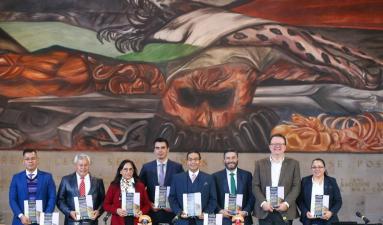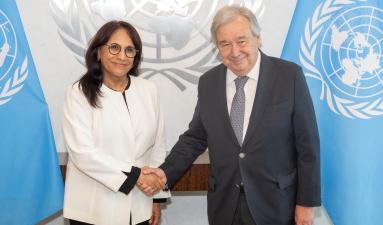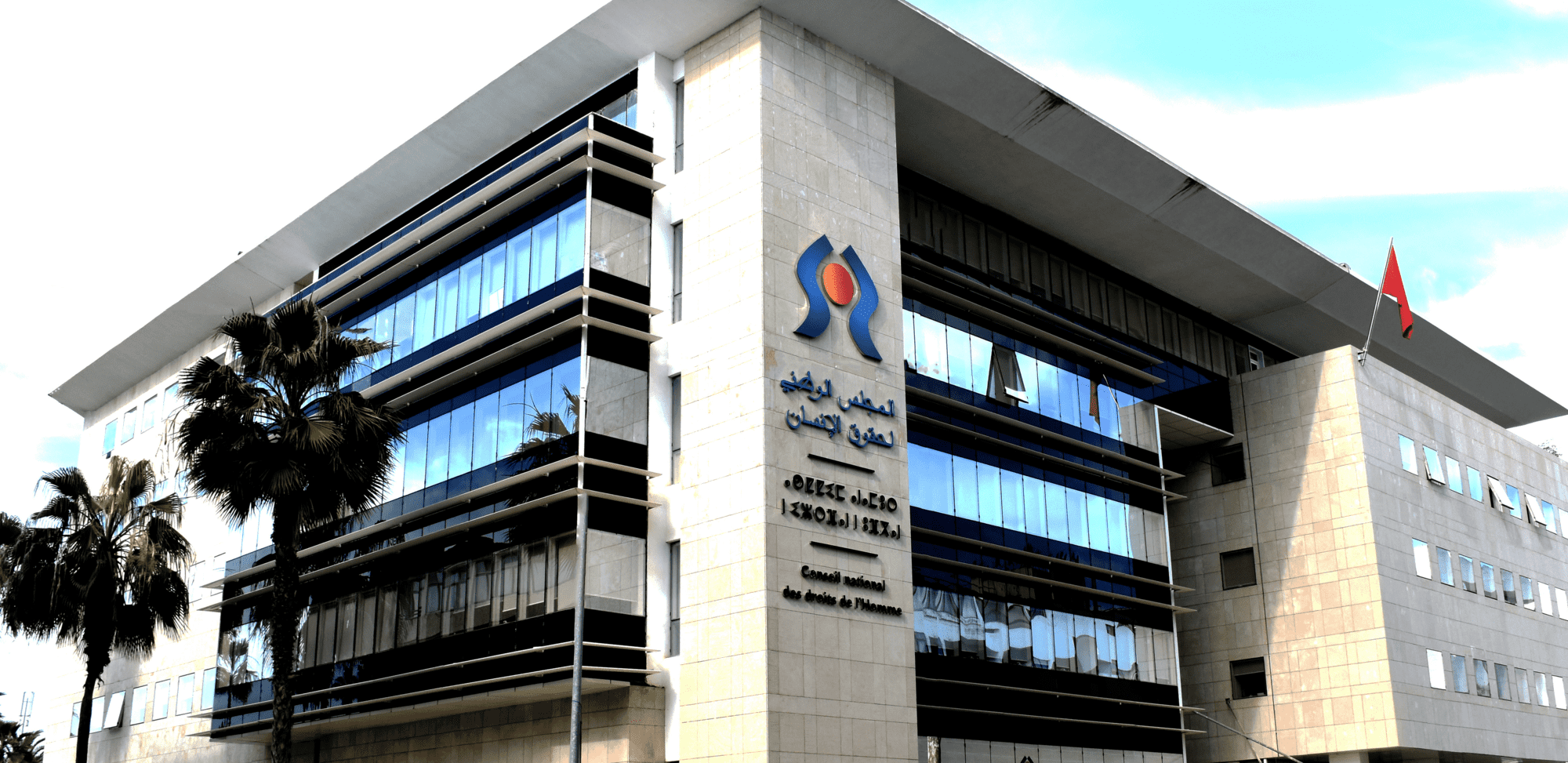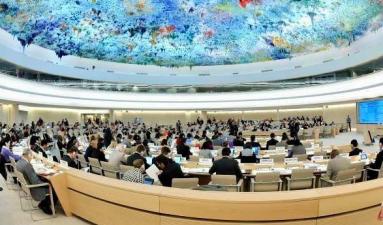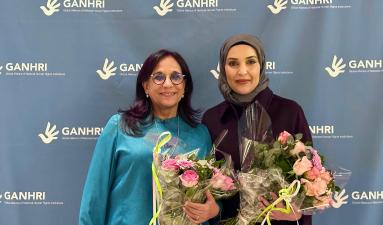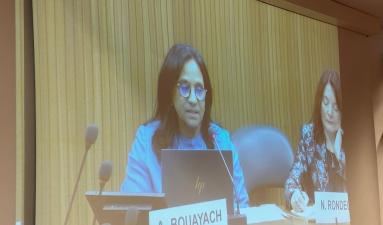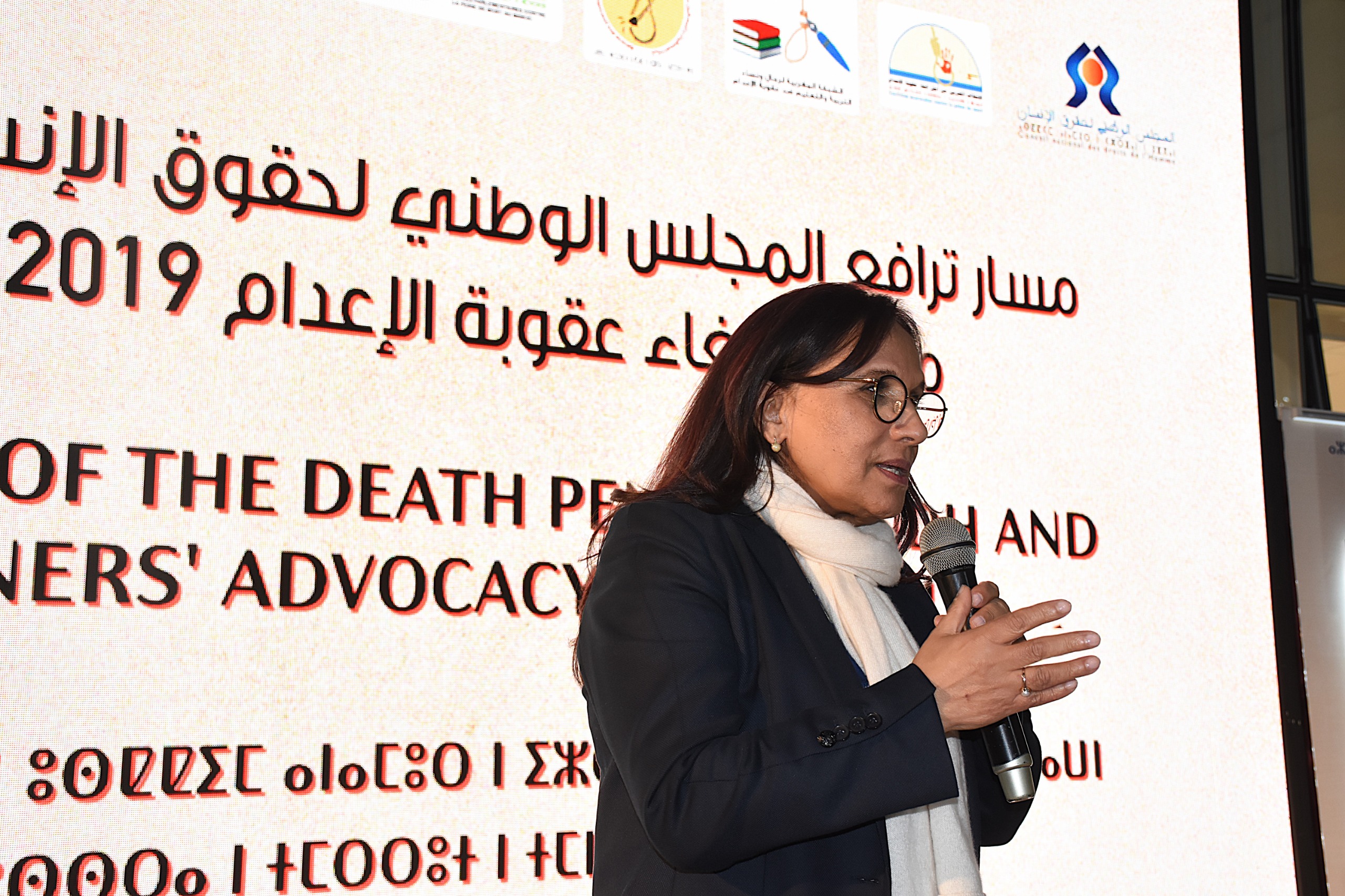
Universal moratorium against the death penalty: for a justice that repairs and inspires, not one that destroys
Editorial
By Ms. Amina Bouayach
CNDH President
Today, we have reached a significant milestone on our journey toward the abolition of the death penalty. December 17, 2024, will be remembered as a historic date in Morocco’s human rights history, marking its first-ever vote in favor of the universal moratorium on the use of the death penalty.
This decision reaffirms Morocco’s commitment to protecting the right to life and upholding human dignity. It is a sovereign and enlightened choice, made at a particularly meaningful moment. This year also marks the 20th anniversary of the Equity and Reconciliation Commission—a groundbreaking initiative that established a uniquely Moroccan model for advancing human rights.
The Commission strongly advocated for Morocco’s ratification of the Second Optional Protocol to the International Covenant on Civil and Political Rights, which aims to abolish capital punishment.
During the 2nd World Forum on Human Rights (Marrakech, 2014), His Majesty King Mohammed VI elevated the abolition of the death penalty to the level of a national priority, calling for collective and thorough reflection involving civil society, parliamentarians, and legal experts.
That defining moment in 2014 gave decisive momentum to the abolitionist movement in Morocco, which has since pursued a clear advocacy goal: the adoption of and a vote in favor of a global moratorium on the death penalty. This effort has been regarded as a critical step toward the definitive abolition of capital punishment. Persistent advocacy over the years has finally borne fruit, laying the groundwork for profound and irreversible change.
The National Human Rights Council (CNDH) has been a driving force behind these efforts. Its active international advocacy—particularly at global congresses on the abolition of the death penalty—reflects its steadfast commitment on the global stage. Simultaneously, its relentless national advocacy has promoted a justice system free from vengeance, rooted in the conviction and resolute will to build a Moroccan society where justice transcends punishment, becoming a pathway for restoring dignity, freedom, and humanity for all.
The abolition of the death penalty is not merely a legislative issue; it is an ethical and moral imperative—a societal choice in pursuit of true justice. Capital punishment cannot be a solution; it represents a collective failure and legitimizes the very violence it seeks to eradicate.
While the vote in favor of the Universal Moratorium is undeniably significant, it must be seen as a transitional step. Moving forward requires bold and irreversible legislative reform—the only way to firmly embed this progress within Morocco’s legal framework.
Through this process, Morocco reaffirms its sovereign, deliberate, and irrevocable choice to align with its international commitments, illustrating the unconstitutionality of the death penalty. This choice marks the beginning of a new chapter in the country’s human rights journey—a chapter in which justice transcends retribution to become the foundation of a society where the humanity of every citizen is fully respected and protected.
The death penalty remains one of the gravest violations of the right to life—a fundamental and supreme right, without which no other freedom, no other right, and no justice can truly exist. This is why this vote is of paramount importance, both for our society and for the human rights movement in Morocco.

